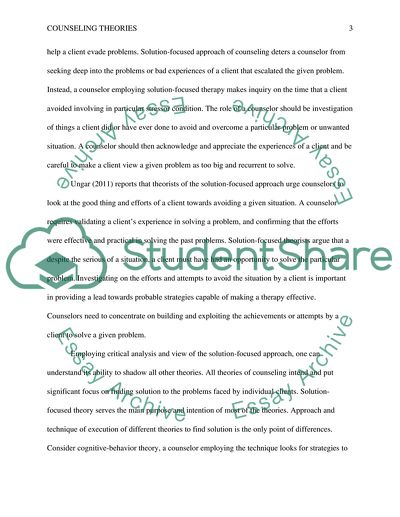Cite this document
(Counseling Theories: Plan Treatment Process for Clients Research Paper, n.d.)
Counseling Theories: Plan Treatment Process for Clients Research Paper. Retrieved from https://studentshare.org/psychology/1639992-analysis-of-counseling-theories
Counseling Theories: Plan Treatment Process for Clients Research Paper. Retrieved from https://studentshare.org/psychology/1639992-analysis-of-counseling-theories
(Counseling Theories: Plan Treatment Process for Clients Research Paper)
Counseling Theories: Plan Treatment Process for Clients Research Paper. https://studentshare.org/psychology/1639992-analysis-of-counseling-theories.
Counseling Theories: Plan Treatment Process for Clients Research Paper. https://studentshare.org/psychology/1639992-analysis-of-counseling-theories.
“Counseling Theories: Plan Treatment Process for Clients Research Paper”, n.d. https://studentshare.org/psychology/1639992-analysis-of-counseling-theories.


